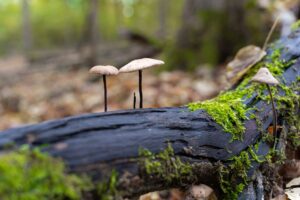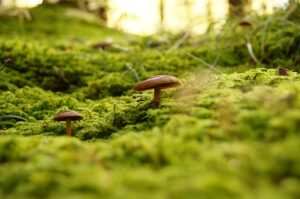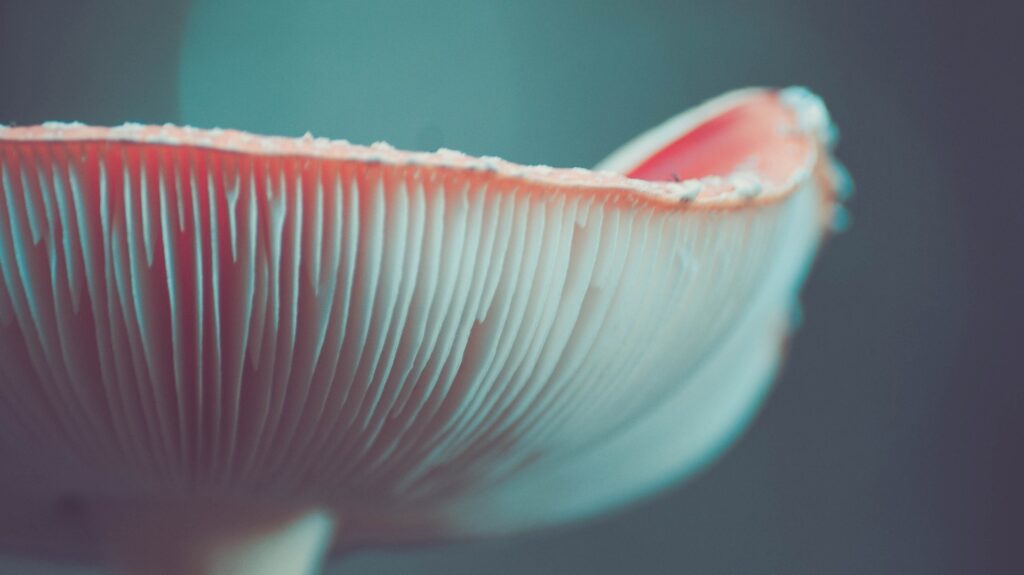
Title: Unveiling the Mysteries of Mushroom Spores: A Fascinating Journey into Mycology
Introduction The world of fungi is as fascinating as it is diverse, and at the heart of this realm lie the microscopic yet mighty mushroom spores. These tiny propagules are the unsung heroes of the forest floor and gourmet kitchens alike, playing a crucial role in both ecology and gastronomy. In this article, we’ll embark on an enlightening journey to understand the magic and science behind mushroom spores.
What Are Mushroom Spores? Mushroom spores are the reproductive units of fungi. Comparable to seeds in plants, spores are produced by mature mushrooms to ensure the survival and proliferation of their species. Each spore is a potential genesis of a new fungal colony, equipped with all the necessary genetic information to give life to the next generation of mushrooms.
The Life Cycle of a Mushroom The life of a mushroom begins in the mysterious embrace of spores. These spores are often released into the air and, upon finding a suitable environment, germinate to produce hyphae. These hyphae then intertwine to form a mycelium, a complex and efficient network that absorbs nutrients. When conditions are right, the mycelium develops into the fruiting body we recognize as a mushroom, completing the cycle.
Collecting and Studying Mushroom Spores Mycologists, scientists who study fungi, often collect spores for identification and cultivation. Spore prints, a popular method among both scientists and enthusiasts, involve leaving a spore-laden mushroom cap on a piece of paper or glass. This not only creates a beautiful natural art but also provides vital information about the mushroom species.
The Significance of Mushroom Spores in Ecosystems Mushroom spores play a pivotal role in ecosystems. They act as decomposers, breaking down organic matter, which recycles nutrients back into the soil. This process supports plant growth and maintains the health of forests and gardens. Some mushroom species, through their spores, also form symbiotic relationships with plants, aiding in water and nutrient absorption.
Cultivating Mushrooms from Spores Mushroom cultivation is both an art and a science. Growing mushrooms from spores can be a rewarding experience for hobbyists and commercial growers alike. It involves creating a sterile environment for spores to germinate, providing the right substrate, and maintaining optimal conditions for mushroom growth. This of course does not refer to any mushroom spores sold here at Love Mushroom Spores. Our spores are for microscopy research only.
The Diversity of Mushroom Spores The variety of mushroom spores is as vast as the fungi kingdom itself. Each species has unique spores, varying in shape, size, and color. This diversity is not just a biological wonder but also offers a range of flavors and textures for culinary enthusiasts.
Conclusion Mushroom spores are more than just the beginning of a mushroom’s life; they are a testament to the resilience and intricacy of nature. Understanding and appreciating these tiny yet mighty elements of our ecosystem can deepen our connection with the natural world. Whether you’re a mycologist, a cultivator, or simply a nature lover, the study of mushroom spores opens up a world of wonder and discovery.

